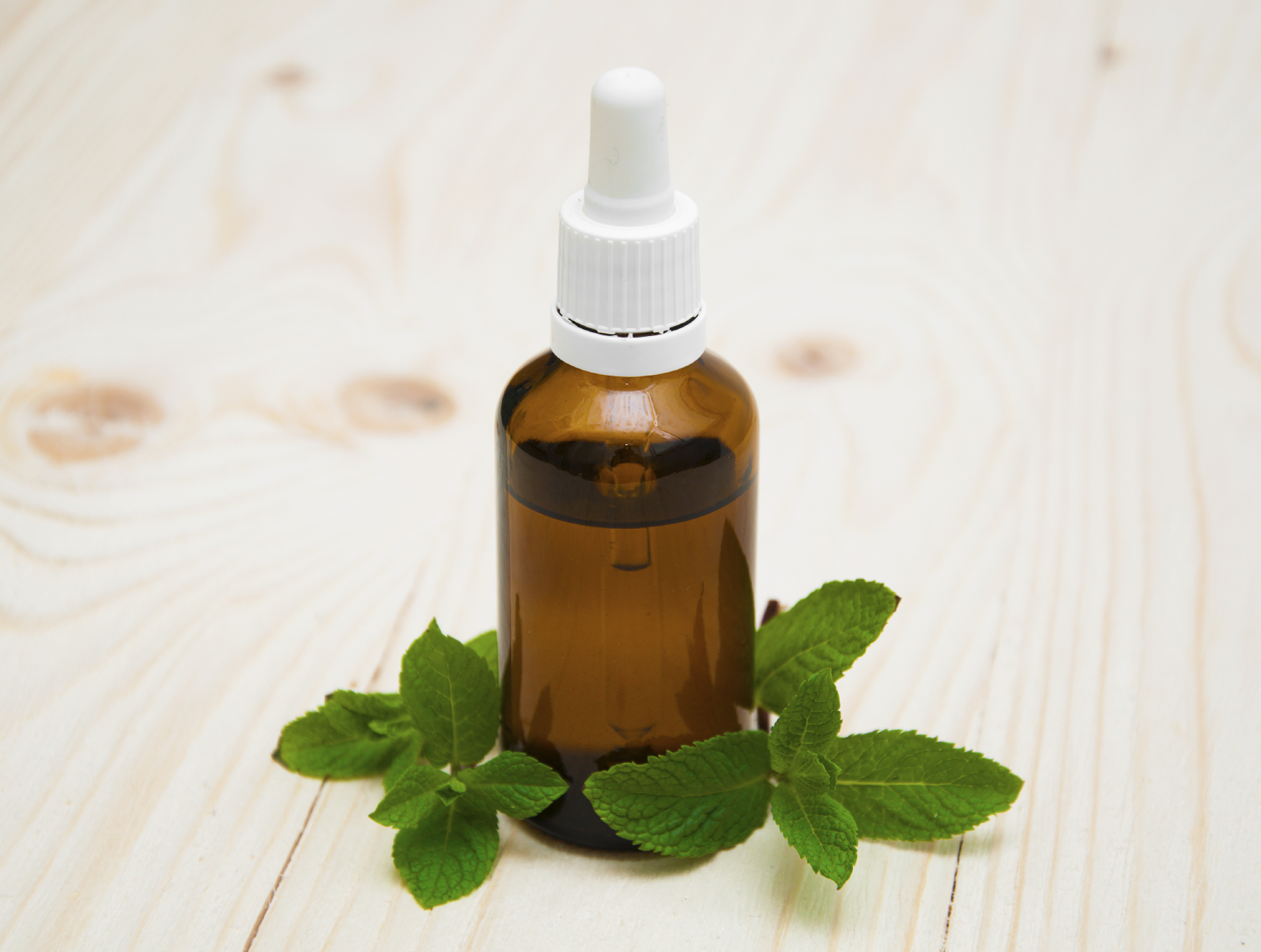IBS is tough to live with and tough to treat. If you have it, you know that all too well.
In severe cases, doctors may prescribe antidepressants to regulate bowel function and block pain signals.1 But if you’ve been reading Health Watch, you know where we stand on SSRIs and similar antidepressant drugs. Avoid them at all costs!
There’s a natural solution that works just as well, if not better.
It’s the oil of a familiar plant with a pleasant taste and serious scent. It’s delicate enough to use as a natural flavoring, but strong enough to treat a respiratory infection.
In one study, taking three pills a day for eight weeks cleared abdominal pain from IBS in 42% more people than a placebo.2 Another study found the oil reduced symptoms like abdominal pain, diarrhea, and constipation by 50% in most patients. It took only a month for them to see these dramatic results.3
This essential oil is widely available in drug stores and online…
It’s peppermint oil.
| While not as strong as the oil, fresh peppermint tea is a great way to provide relief to occasional stomach discomfort, gas pains, and digestive issues. |
Researchers believe it reduces inflammation in the gastrointestinal tract. This may help ease the abdominal pain and discomfort. But according to Dr. Stuart Brierley, it targets the cause of IBS pain by releasing a natural painkiller, TRPM8.4
There’s no prescription drug that treats the cause of IBS–just its symptoms. Of course, that means doctors often prescribe separate medications for each symptom.
But peppermint oil works to stop both the inflammation and the pain. It can even keep all IBS symptoms from returning.
Even if you don’t suffer from IBS, adding it to your supplement roster may help keep your digestive system working at its best.
Use peppermint oil to treat IBS by adding a drop or two to a glass of water. It’s also a great way to add a kick to your morning tea.
In Good Health,

Angela Salerno
Publisher, INH Health Watch
Like this Article? Forward this article here or Share on Facebook.
References:
1 http://www.med.unc.edu/ibs/files/educational-gi-handouts/IBS%20and%20Antidepressants.pdf
2 http://www.ncbi.nlm.nih.gov/pubmed/19507027
3 http://www.ncbi.nlm.nih.gov/pubmed/17420159
4 http://www.sciencedaily.com/releases/2011/04/110419101234.htm

